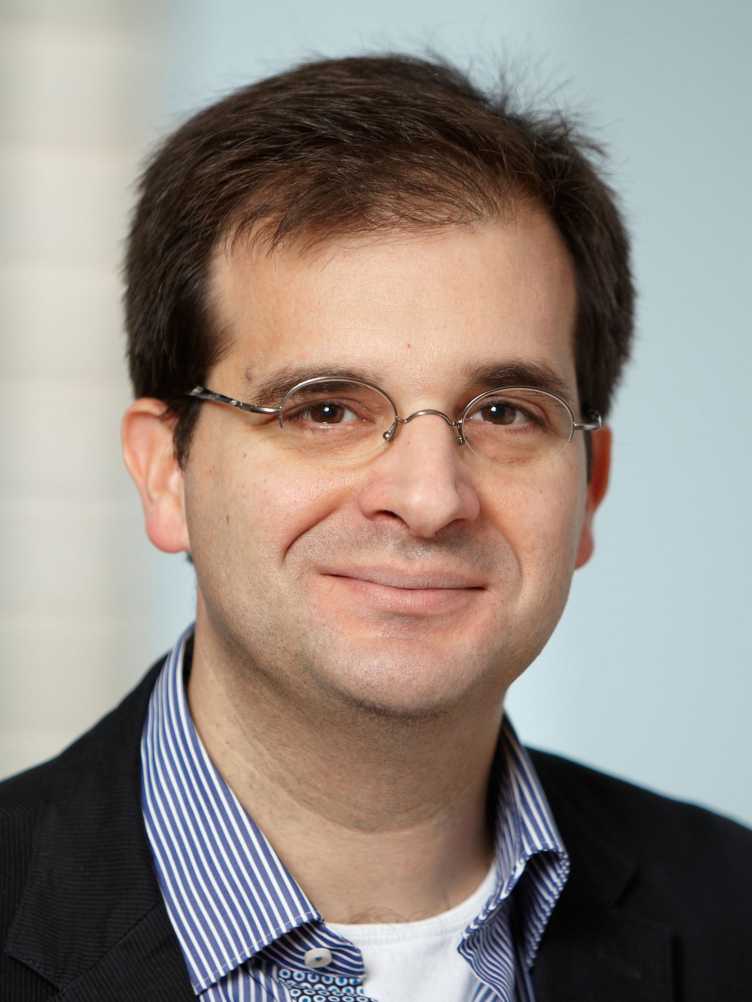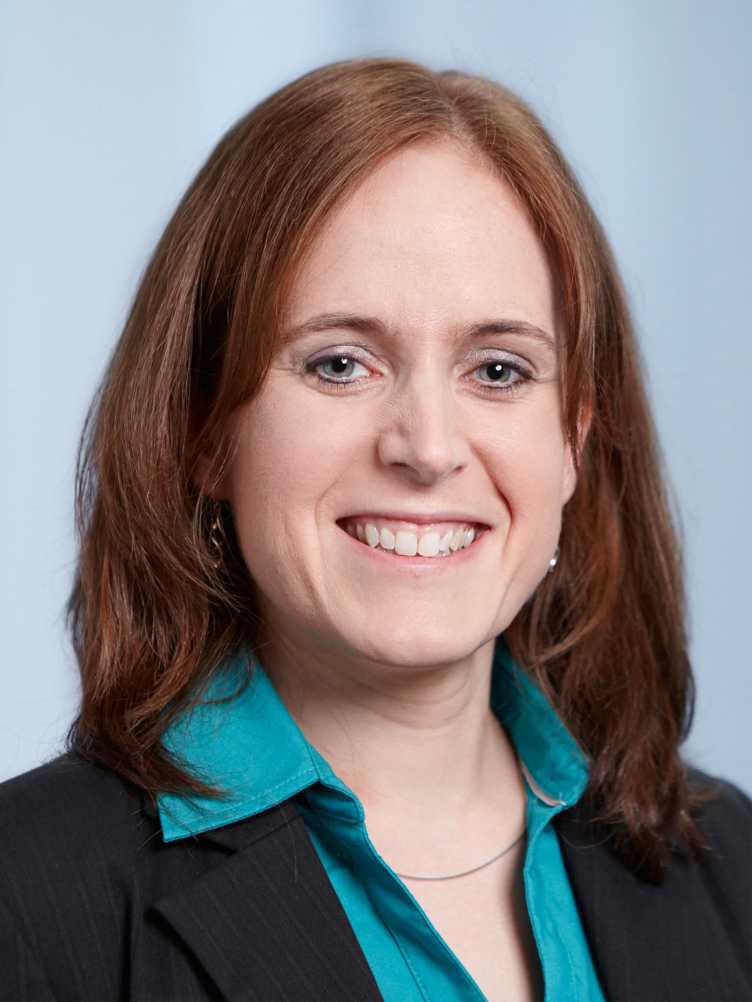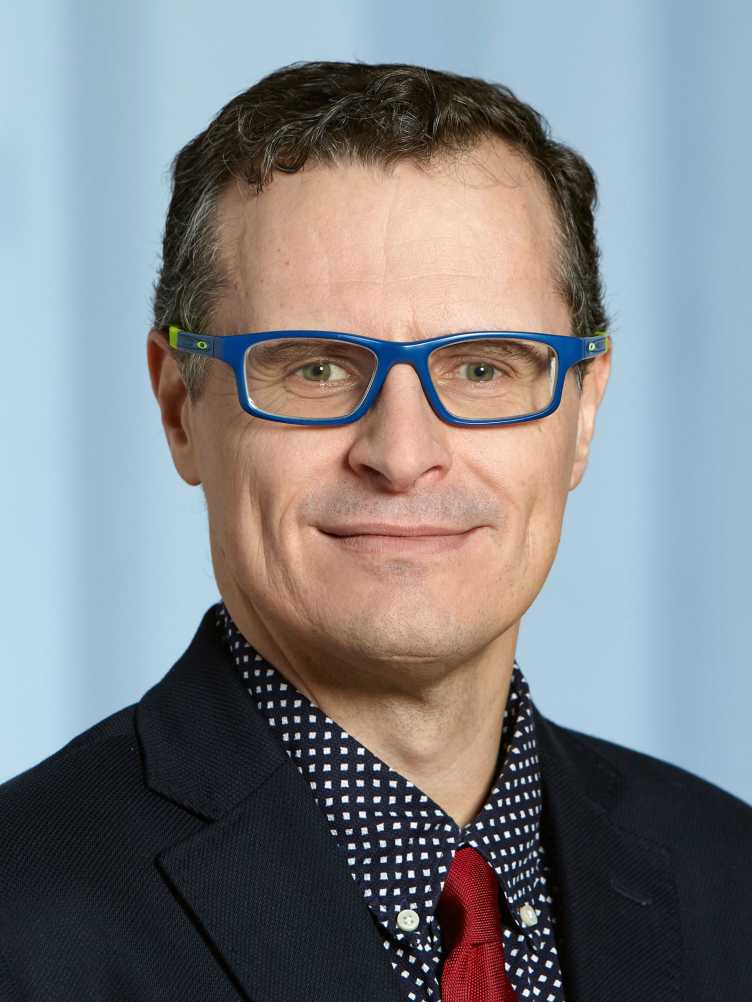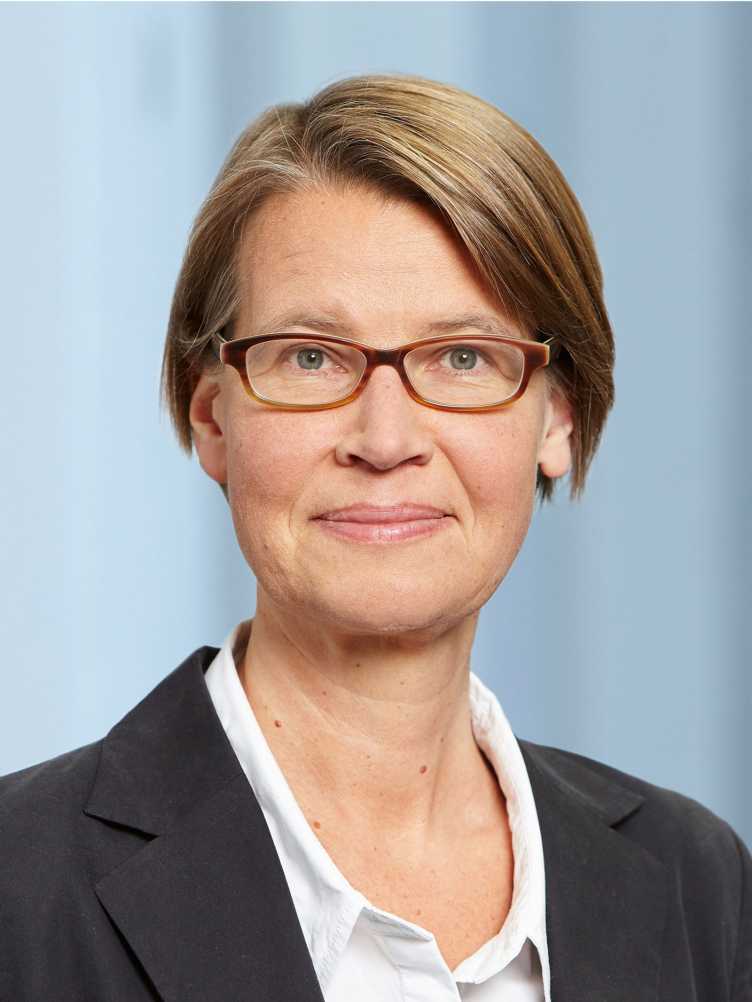Three new National Centres of Competence in Research for ETH
Automation and digitisation of industry and society, new approaches to sustainable chemistry, and the influence of bacteria on health – these are the topics covered by the three new National Centres of Competence led or co-led by ETH Zurich.
Today, the Federal Council and the Swiss National Science Foundation unveiled six new National Centres of Competence in Research (NCCR). The six include three NCCR in which ETH Zurich is involved. NCCR “UControl” looks at the methods of automation at the heart of digitisation. NCCR “Suchcat” examines new paths to sustainable chemistry. ETH researchers are responsible for the overall management of both these NCCRs. NCCR “Microbiomes” researches how bacterial colonies affect the health of humans, animals and plants, and is led by the University of Lausanne in collaboration with ETH researchers.
With the National Centres of Competence in Research, the Federal Government promotes long-term, thematic collaboration between researchers at various Swiss universities. Detlef Günther, Vice President Research and Corporate Relations at ETH Zurich, believes that the research topics explored by all three NCCRs are highly relevant to Switzerland and will contribute to solutions to global challenges.
As with the seven existing NCCRs led by ETH, Günther believes that the three new NCCRs are in a position to support interdisciplinary collaboration and to accelerate teaching, research and transfer activities. “Most of all, I’m delighted to see the enthusiasm with which ETH researchers take responsibility for complex, socially important research topics and research into interdisciplinary solutions,” says Günther. He also praised entries by ETH researchers who did not receive funding, explaining that all ETH applications short-listed were of outstanding academic quality and deserved funding.
The three NCCRs selected all include socially important research programmes, says Günther. “They appeal to young, talented researchers, have a significant long-term impact in their respective fields and embrace interdisciplinary approaches to resolving complex challenges, from basic research to implementation.”
Dependable and ubiquitous automation

The NCCR “UControl” deals with the basics of automation and digitisation. It is led by John Lygeros, professor at the Automatic Control Laboratory, and by Gabriela Hug, professor at the Power Systems Laboratory. Today, many machines, processes and networks in industry and society can be controlled automatically without human intervention.
In the future, automation will likely expand to fully or partly control cities (“smart cities”), power grids (“smart grids”) and industrial processes (“Industry 4.0”). The main emphasis of the NCCR “UControl” is “dependable and ubiquitous automation”. As automation continues to advance in industry and society, its success and acceptance will depend heavily on reliability. Accordingly, the NCCR examines not only new methods of intelligent automation, but also aspects of IT security and the secure interaction of human and machine.

The advanced methods and computational tools developed are then applied to urgent, socially important issues in energy management, next-generation mobility and advanced manufacturing processes. As part of the NCCR’s work, a fully automated and decentralised energy management system is being developed at the neighbourhood and community level, in cooperation with cities, municipalities and industry. At the heart of the project’s vision is the idea that knowledge and technology transfer can take place in parallel with research, rather than just at the end of the research process.
This is exemplified in the energy management use case; a company will be founded that will assist with deploying the project methods and subsequently exploiting the expertise developed during the process. The “UControl” network comprises 16 research groups from ETH Zurich, EPFL, the research institution Empa and the University of Applied Sciences and Arts Northwestern Switzerland.
Paths to sustainable chemistry

Digitisation also plays a role at NCCR “Suchcat” (“Sustainable chemical processes through catalysis”), led by ETH chemistry professor Javier Pérez-Ramírez. This NCCR tries to find new ways to make chemical products more sustainable, thus encouraging a transition to a more resource-efficient and carbon-neutral chemical industry. The “Suchcat” network encompasses 27 research groups from ETH Zurich, EPFL and five additional universities. Chemical synthesis is used to create a large number of products indispensable to our everyday lives, such as medicines, fuel, fertiliser, electronic components and much more.
In most cases, catalysts (reaction accelerators) are used. Pérez-Ramírez and his colleagues will develop and introduce new chemical processes that are not based on crude oil, but on plentiful, renewable raw materials and which meet the air, water and soil cleanliness goals of sustainable chemistry.
In particular, the researchers will create catalytic synthesis routes to convert small chemical molecules, including CO2, methane, water and molecular nitrogen, into base chemicals and fuels. These base chemicals represent the foundations of countless other chemicals. The development of these new processes will use modern, high-performance lab techniques, such as high through-put experiments, and digital methods, such as machine learning.
Understanding and using microbial communities

Complex communities of microbes, microbiomes, are essential to humans, animals and plants. Microbiomes usually consist of up to several hundred types of bacteria that interact with each other, with their hosts and with the environment. Due to their complexity, microbiomes are difficult to understand. Jan Roelof van der Meer, Professor in Environmental Microbiology at the University of Lausanne, and Julia Vorholt, Professor of Microbiology in the Department of Biology at ETH Zurich, will head the NCCR Microbiomes for the next four years.
The aim of the interdisciplinary research network is to identify the principles that govern microbiomes across biological systems. In addition, the researchers want to construct or specifically modify microbiomes. This can be used, for example, to eliminate pathogens in humans and plants or to stabilise microorganisms with desired properties. In this way, the scientists hope to exploit the potential of microbiomes. Researchers from three other departments at ETH Zurich, EPFL, Lausanne University Hospital, the University of Bern and the University of Zurich are involved in the NCCR Microbiomes.
All NCCRs operate for a period of four years, but can be renewed twice for second and third phases; i.e. a total of 12 years.
